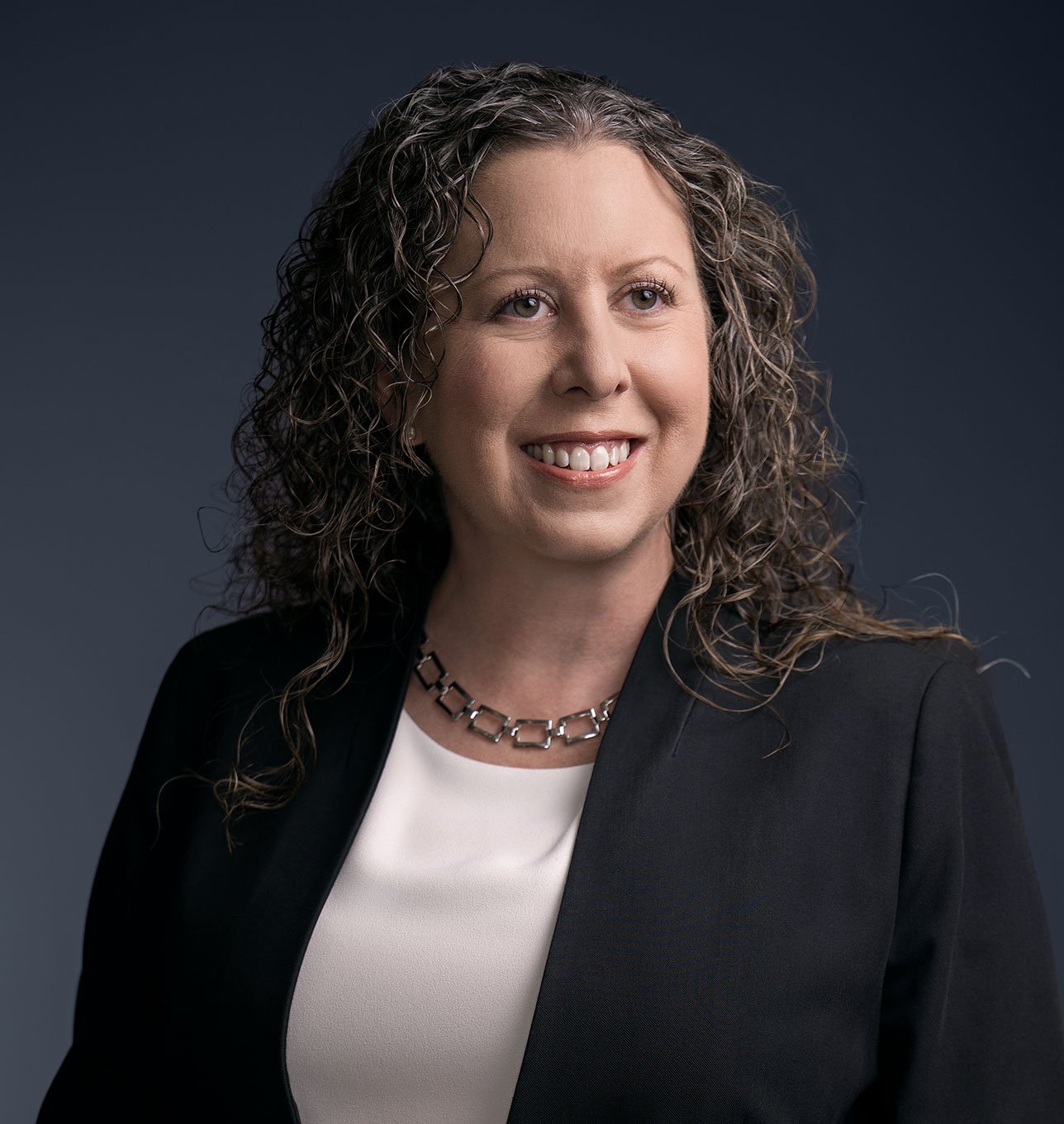Mortgage Servicing Updates: North Carolina Enacts New Licensing Requirements and Adopts Prudential Standards
As of October 1, a wider range of companies involved in servicing mortgage loans—including master servicers and reverse mortgage servicers—are expressly subject to licensing in North Carolina under the North Carolina Secure and Fair Enforcement (S.A.F.E.) Mortgage Licensing Act (the “NC SAFE Act”). The amendments to the NC SAFE Act are a result of North Carolina House Bill 762’s enactment in July. In addition to the mortgage servicer licensing amendments, HB 762 imposes prudential and corporate governance standards on higher-volume mortgage servicers, and adjust permissible fees for small-dollar second-lien mortgage loans, among other changes. We discuss some of the more significant changes to the NC SAFE Act below.
Expanded Mortgage Servicer Definition
Master Servicers
The NC SAFE Act requires mortgage lenders, mortgage brokers, mortgage loan processors and underwriters, and mortgage servicers to obtain a license from the North Carolina Commissioner of Banks (the “NCCOB”) and comply with the statute’s substantive practice requirements. The NC SAFE Act’s prior definition of a mortgage servicer is fairly generic, defining a mortgage servicer as a person who directly or indirectly receives scheduled periodic payments on a residential mortgage loan from a borrower and makes the payments of principal and interest (and other amounts) for compensation or for the servicer’s own behalf.
In the NCCOB’s view, the legislation’s inclusion of master servicers may be considered a clarification rather than a material change. In addition to the activities discussed above, the NC SAFE Act’s prior definition of a mortgage servicer included a servicer as defined under the federal Real Estate Settlement Procedures Act (“RESPA”), and thus included a person “responsible for servicing of a loan” and mortgagees that service their own loans. Moreover, the NC SAFE Act’s administrative regulations prohibit a person from transferring mortgage servicing rights (“MSRs”) or obligations to a person who is not licensed under the NC SAFE Act or otherwise exempt. The NCCOB interpreted these authorities to mean that master servicers and passive MSR holders must obtain a mortgage servicer license, even if they do not engage in any direct servicing activities.
On October 1, 2025, the NC SAFE Act’s applicability to mortgage servicers, and master servicers, became more explicit. The NC SAFE Act now defines a mortgage servicer as a person who is “directly or indirectly engaged in the mortgage business,” specifically including “master servicers.” Master servicer is undefined in the law, but is typically construed to include a company that controls or directs the servicing activities of a subservicer, or that holds the MSRs to a mortgage loan even if not engaging in any direct servicing activity itself. For reference, the CFPB’s Regulation X mortgage servicing rules define a master servicer as “the owner of the right to perform servicing” who “may perform the servicing itself or do so through a subservicer.”
Under the new provision, the term “engaged in the mortgage business” means, for compensation or gain from another or on one’s own behalf, pursuant to the terms of a residential mortgage loan or the servicing documents or contract, to do any of the following:
- To collect or receive payments on existing obligations due and owing to the mortgage lender or mortgage servicer, including payments of principal, interest, escrow amounts, and other amounts due.
- To collect fees due to the mortgage lender or mortgage servicer.
- To work with the borrower and the mortgage lender or mortgage servicer to collect data and make decisions necessary to modify certain terms of those obligations either temporarily or permanently.
- To finalize collection through the foreclosure process under Chapter 45 of the North Carolina General Statutes, forfeiture under Chapter 47H of the North Carolina General Statutes, or repossession.
- To service a reverse mortgage loan.
Servicers of timeshare instruments are excluded from being a “mortgage servicer.”
Reverse Mortgage Servicers
Although HB 762’s application to reverse mortgage servicers is somewhat circular in that “to service” a reverse mortgage loan is not further defined, it can most likely be assumed to include the disbursement of payments to borrowers under the terms of a reverse mortgage loan. The legislation incorporates the definition of a reverse mortgage loan from the state’s reverse mortgage statute. A reverse mortgage loan for the amended NC SAFE Act’s purposes accordingly will mean “a loan for a definite or indefinite term (i) secured by a first mortgage or first deed of trust on the principal residence of the mortgagor located in North Carolina; (ii) the proceeds of which are disbursed to the mortgagor in one or more lump sums, or in equal or unequal installments, either directly by the lender or the lender’s agent; and (iii) that requires no repayment until a future time, upon the earliest occurrence of one or more events specified in the reverse mortgage loan contract.”
Mortgage Servicing Takeaways
HB 762’s definition of mortgage servicing casts a significantly wider net than the prior NC SAFE Act’s provisions. Instead of the scope of the mortgage servicer licensing obligation limited to a person who collects scheduled payments from a borrower and pays principal and interest to note holders, a mortgage servicer under the NC SAFE Act now includes a person who merely receives payments or collects fees; facilitates a loan modification; finalizes collection through foreclosure or repossession; or services a reverse mortgage loan (which would involve making payments to the borrower). As noted, a mortgage servicer also expressly includes a master servicer.
Prudential Standards and Junior Mortgage Fees
In addition to revising the scope of the NC SAFE Act, the legislation imposes new prudential standards for “covered” mortgage servicers, meaning those with servicing portfolios of 2,000 or more residential loans serviced for others. HB 762 requires a covered mortgage servicer to maintain sufficient capital and liquidity, and to maintain written policies and procedures implementing the capital and servicing liquidity standards. Although no guidelines are provided to help servicers determine what capital and liquidity levels are sufficient, the amended law contains a safe harbor for a servicer that meets Federal Housing Finance Agency (“FHFA”) eligibility requirements for enterprise single family seller/servicers. Covered mortgage servicers are also required to comply with corporate governance requirements that entail board oversight, internal and external audits, the establishment of a risk management program, and annual risk management assessments. The new North Carolina prudential standards for mortgage servicers generally align with the new prudential standards that an increasing number of states have enacted or are considering.
Finally, HB 762 loosens restrictions on fees chargeable to borrowers on small-dollar (less than $10,000) second- or junior-lien loans.
Companies engaged in mortgage activity in North Carolina should review the amendments and assess whether they may need to obtain a mortgage servicer license, adjust their capital and liquidity levels or corporate governance structure, or make any other changes as a result of HB 762’s enactment.




